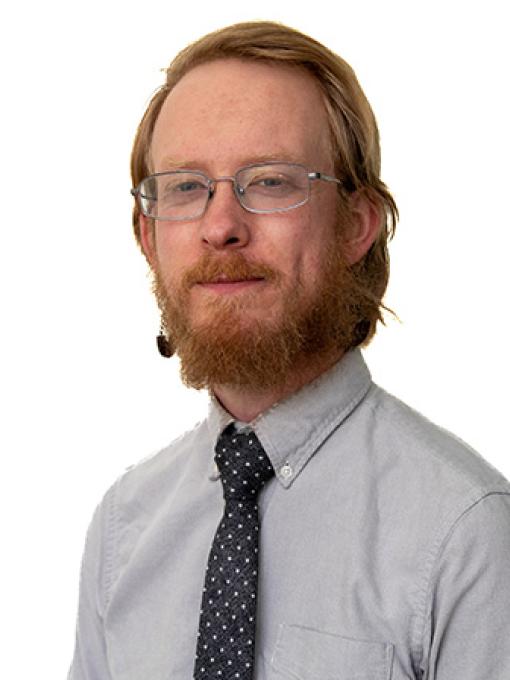This week for the first time, the federal government formally declared what we have long known: gun violence is a public health crisis.
The declaration by Surgeon General Vivek Murthy was a historic acknowledgment of the devastating toll of gun violence on communities nationwide. According to the American Public Health Association, gun violence is a leading cause of premature death in the United States, killing more than 48,000 people each year.
Black and Brown urban communities are disproportionately impacted by gun violence. They have suffered from historic injustices, a lack of investment and opportunities, and generational trauma. Punitive, militarized policing has failed while too often leading to police violence and deepening trauma.
Fortunately, there is reason for hope. As FCNL’s General Secretary Bridget Moix wrote in Religious News Service this week, “there are people across the country working to address — and prevent — gun violence. And they are succeeding.”
As a recent FCNL report details, community-led violence interruption programs are breaking cycles of gun violence and saving lives. How do they work? Funded in part with federal investments, trusted community leaders are diffusing conflicts and providing hope, opportunities, and mentorship to at-risk individuals.
After attending a meeting on gun violence prevention at the White House this week, Bridget, and José Santos Moreno, FCNL’s director for justice reform, shared good news: not only do violence interrupter programs work, they also have the support of the administration.
But we need to scale up investments and make sure Congress doesn’t cut funding! As Bridget wrote, “the best and most durable solutions to gun violence emerge when we address its root causes … and partner with local experts to disrupt and resolve conflict.”
This is what violence interrupter programs do, and they are working.
Elsewhere
Temporary relief for Haitians in the U.S.
Friday morning, the Biden administration announced that Temporary Protective Status for Haitians in the United States would be extended by 18 months. This protects 300,000 people from being deported to Haiti which is facing violence, instability, and an extreme risk of climate disaster. FCNL’s Lauren Evans and Carla Montilla wrote about the challenges Haiti faces, and how the U.S. can support peace.
Escalations in the Middle East
As 96% of the population of Gaza faces acute food insecurity, the threat of war in Lebanon between Israel and Hezbollah grows. Without a permanent ceasefire in Gaza and a rush of humanitarian aid, this situation will continue to worsen.
FCNL’s Hadiya Afzal discussed the situation during her visit to a community in North Carolina. They ate an Iftar meal together and then took action for ceasefire in Gaza.
Missed Opportunity to Deflate Pentagon Budget
Unfortunately, an amendment from Rep. Pramila Jayapal (WA-07) to the defense appropriations bill (H.R. 8774) to defund the Pentagon’s Unfunded Priorities Lists failed 161-251 yesterday. Before the vote, our network jumped at the chance to advocate for this, with 2,000 people urging their representatives to pass this amendment. Despite this failed vote, we will keep up the pressure to end the Pentagon wish lists!
Your Gift to FCNL will Double
As June ends, our fiscal year here at FCNL is also ending. And so is our matching gift challenge. We are committed to working together to build the world we seek. We need your help: your gift will help close our significant budget gap. And during our matching gift challenge, your generosity will go twice as far to help build the world we seek.
Upcoming Opportunities
-
Faiths United to Save Democracy is hosting training workshops on being a poll chaplain throughout this summer. Join this intergenerational, multiracial, and interfaith effort to protect our democracy! FCNL’s Bridget Moix will be speaking at the training on July 15 at 7 p.m. ET.
-
Join the FCNL team! We are hiring a Migration and Policy Administrative Assistant to assist our legislative director of domestic policy. They will focus on migration policy and provide support for the whole team.

